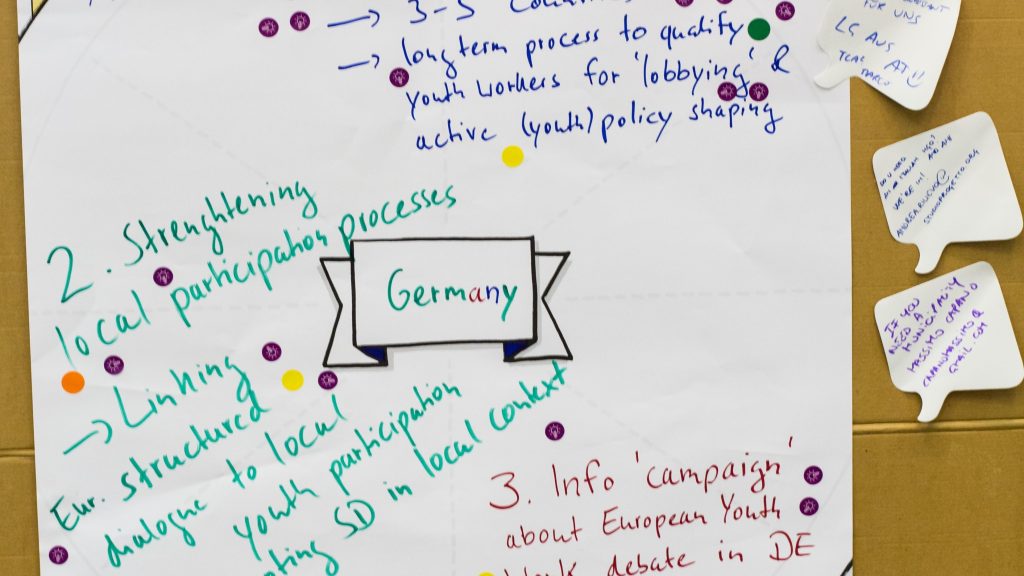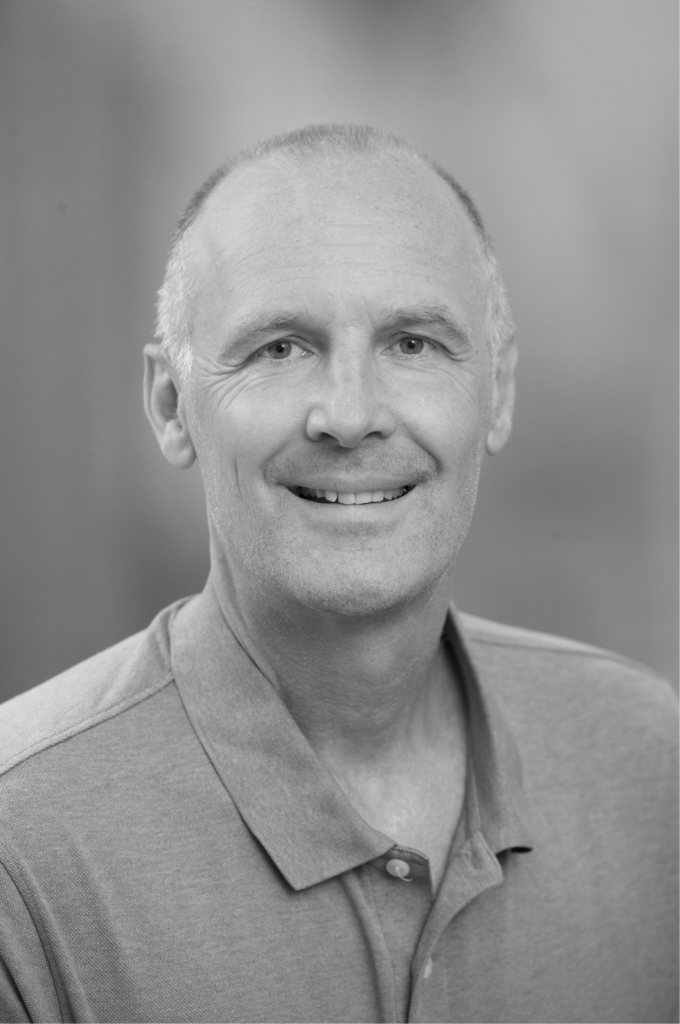I’m changing Europe!


As we continue our interesting and insightful journey, exploring the work of ELG’s National Agencies, today we have the pleasure to sit down and talk ‘all things youth work’ with Mr Claudius Siebel. Mr Siebel is the Policy Issues Coordinator for JUGEND für Europa - National Agency for the EU-Programmes (Erasmus+ YOUTH IN ACTION and European Solidarity Corps). Since the launch of EGL in 2016, Mr Siebel is the German member of the EGL Advisory Board, coordinator for the German activities as well as the German National Delegation. Here is what he shared with us about the work of the German NA, impact of EGL, the current health crisis and the significance and future of local youth work.

Q: Can you talk about the significance and impact of bringing the European dimension into local youth work policymaking? Share with us what are some highlights and milestones of the European youth work debate in Germany and what role does EGL play in further shaping it?
A: In Germany, it’s not so easy to convince the local youth work policy level about the impact of the European dimension. The reason being the relatively high standard and the long tradition of youth work. There is a clear legal framework of youth work in Germany with long-existing quality standards, therefore new developments in this regard coming from the European level are not considered to be very meaningful and helpful.
However, also in Germany youth work is in crisis and faces problems like budget cuts or lack of political recognition, in general. Therefore the very intense and productive European debate around youth work (with many important results and documents) also prompted a response in Germany. And it was partly thanks to the EGL that many stakeholders of the German youth work field took more and more notice of the developments and political debates around youth work in Europe. This was, amongst other factors, due to the work of the German national delegation of EGL - its information events and projects.
The highlights of the European youth work debate were surely both the European Youth Work Conventions (held in 2010 and 2015) where German national delegations took part and helped to disseminate results of the debate to Germany. Just to name two major activities within the frame of EGL that helped bring the European dimension to the local level - one is a yearly conference named “Municipalities say yes to Europe” (ongoing since 2017), where we try to convince the local level to engage in more European (transnational) activities and projects and where we promoted and informed a lot about the European youth work debate and the other - a pilot project called “EuropaLokal” (Europelocal, 2018-2020) where we supported 5 municipalities to work on the implementation of European youth work in their local youth (work) policy making.
Q: How do you utilize the EGL Charter in creating good practices and higher standards for quality youth work development locally?
A: In general, one could say that the European Charter on local youth work as a central project result of EGL is getting more and more visibility and recognition among many relevant youth work stakeholders in Germany in the last months. As of yet, we are still in a process of spreading the EGL Charter and making it more known in Germany. With regard to the above-mentioned situation of youth work in Germany, it is too early to say whether German youth work providers can and will use the Charter to challenge themselves and to put their own youth work activities to test. In this context, we are waiting for the Charter Tool Kit (which is still in development), which might help in this process.
Q: In what ways has the COVID crisis impacted 2020 planning and how, if so, has it changed the landscape of local youth work locally and internationally?
A: From the very beginning of EGL, Germany put the focus mainly on the international/European aspect of youth work. This work was, of course, highly affected by the COVID crisis since international activities are not (or only hardly) possible since March 2020. This also affected our project EuropaLokal where we planned a final event which we had to cancel.
In general, youth work was and still is in a very problematic situation. At the beginning of the crisis (nearly) all youth work facilities had to close. A lot of youth work was then carried out on a digital basis and many youth work providers were quite fancy and innovative and learned a lot of relevant digital tools and methods. In the meantime, where most of the youth work facilities have been able to reopen, it is still very problematic. The principles of youth work (non-formal and informal learning, joy, fun, playfulness etc.) are difficult to exert under circumstances of social distancing and mask obligation. This is why we discover in Germany (without having clear facts and numbers) that more and more youngsters are using less and less of the given youth work offers as they are not currently fitting to their needs and wishes.
Q: Germany took over the six-month presidency of the Council of the EU on July 1st with a call for recovery and rebuilding from the current health crisis. In what ways its set priorities and agenda align with the values, mission and activities of EGL?
A: Youth Work is one of the three main focuses for Youth under "Empower" of the EU Youth Strategy. A Council resolution "European Youth Work Agenda" is to be adopted in November 2020 under the German presidency. Also the 3rd European Youth Work Convention will take place from 07 - 10. 12. 2020 (during the overlap of the Presidency with the German Chairmanship of the Committee of Ministers of the Council of Europe).
The European Youth Work Agenda (EYWA) is intended to boost youth work. Established as a strategic framework, it is meant to strengthen and further develop youth work policies and practices in Europe.
This is done by establishing youth work policies as part of youth policies, ensuring and expanding the provision of youth work, strengthening the common ground of youth work through cooperation between different institutions and actors, between different levels, and with other sectors, supporting the further development of high quality youth work, supporting the ability of youth work to tackle emerging challenges and innovate its practices and enhancing the promotion and recognition of youth work.
How the European Youth Work Agenda can help address the challenges of the coronavirus pandemic for youth work in Europe is a ubiquitous example of such developments. The effects caused by the outbreak and global spread of the coronavirus pose unprecedented challenges for the youth work sector and for further developing youth work in Europe. Initiatives for getting an overview of the impact of the pandemic on youth work are underway. The 3rd European Youth Work Convention will be a crucial moment for discussing the assessment of the challenges faced by the youth work sector among the community of practice and how to address them. In its capacity as a strategic framework, the European Youth Work Agenda can help bring the debate to political attention.
Q: How can quality local youth work development contribute to a stronger and more innovative Europe?
A: In all our projects and activities around EGL, we are spreading the message that Europe is not a “strange alien” living somewhere in Brussels. Europe - that is us and is also happening on a local level. Insofar, the local level and the municipalities in Europe do also have a great responsibility to (co)shape the building and the future of Europe and to provide their citizens with a European identity by teaching, living and spreading a sense of European citizenship. And in this regard youth work has an important role to play.
Respecting the quality standards (amongst others developed in and with the European Charter) youth work can be a decisive agent and learning field. It can provide young people with important key qualifications like participation, citizenship, responsibility, tolerance, respect, recognition of diversity etc. And these are the qualifications and values that a strong Europe needs for the future.
